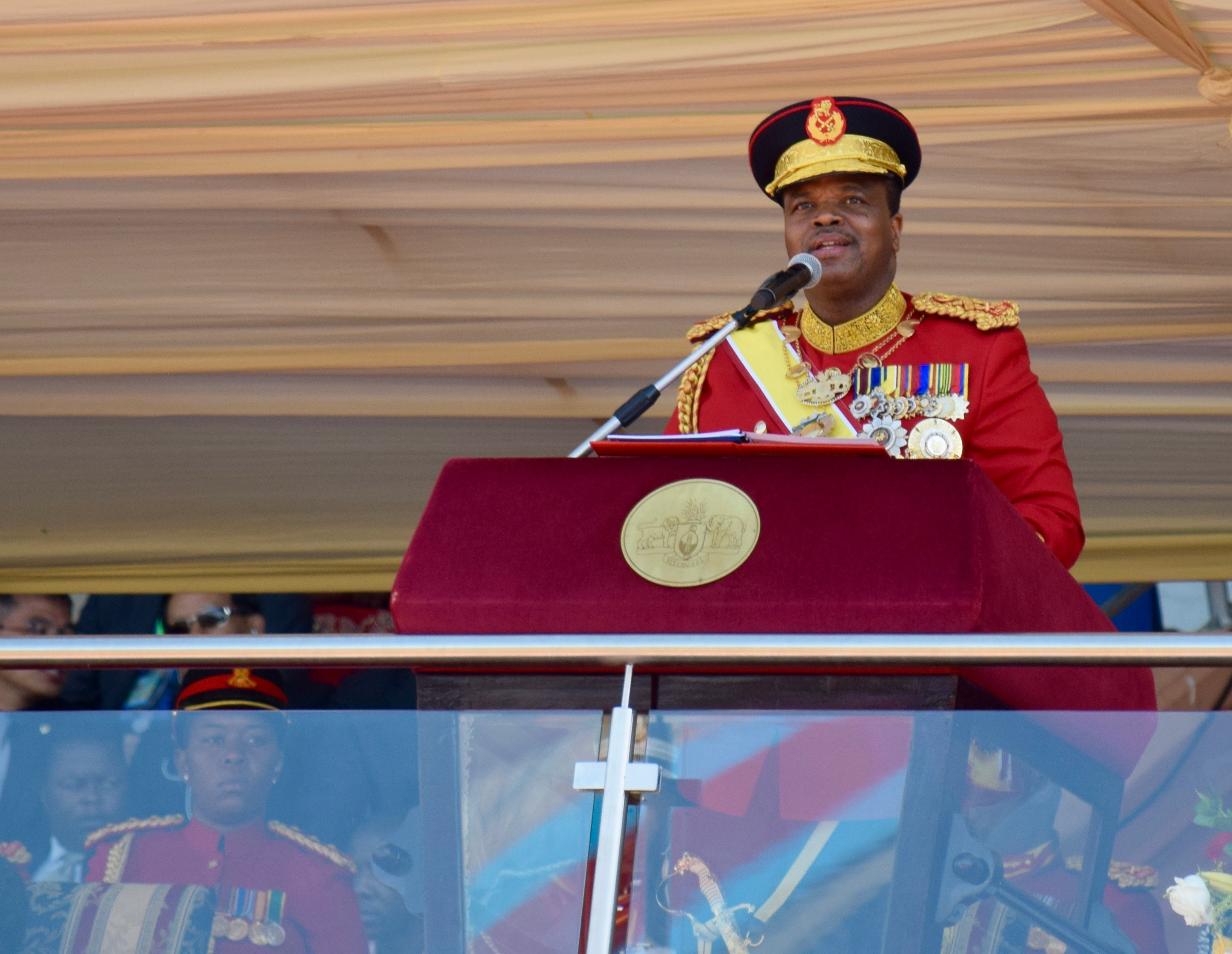
On 19 April 2018, the King of Swaziland publicly announced his decision to change the name of the country from the Kingdom of Swaziland to the Kingdom of Eswatini. The announcement was followed by the issuing of Legal Notice No. 80 of 2018 (‘the Legal Notice’). Two Swazi citizens and a human rights organisation challenged this name change on the basis that the Legal Notice was unlawful. Their case is not about whether Eswatini is the appropriate name for the country, but about the supremacy of the Constitution and protecting the delineation of powers as set out in its text. The case accordingly turns on the interpretation of the constitutional provisions relating to: the Applicants’ standing to enforce the provisions of the Constitution where the Applicants aver that the Constitution has been breached; the Applicants’ right and legitimate expectation to participate in significant policy decisions affecting the country; and the extent to which the King’s prerogative powers are constrained by the Constitution.
The Respondents contest the Application on preliminary and substantive grounds. The Respondents allege that the Applicant lack standing and that the Constitution does not permit a review of the King’s actions. The Respondents further submit that the King’s royal prerogative powers are not limited to those set out in the Constitution, and that the power to change the country’s name falls within the King’s prerogative powers; and that the Applicants have no enforceable right to public participation in decisions such as the changing of the country’s name.
SALC is providing support to the Applicants on the basis that it is critical for the court to delineate the ambit of the King’s prerogative powers and to clarify the extent to which the immunity provisions remove the King’s actions from judicial scrutiny.



